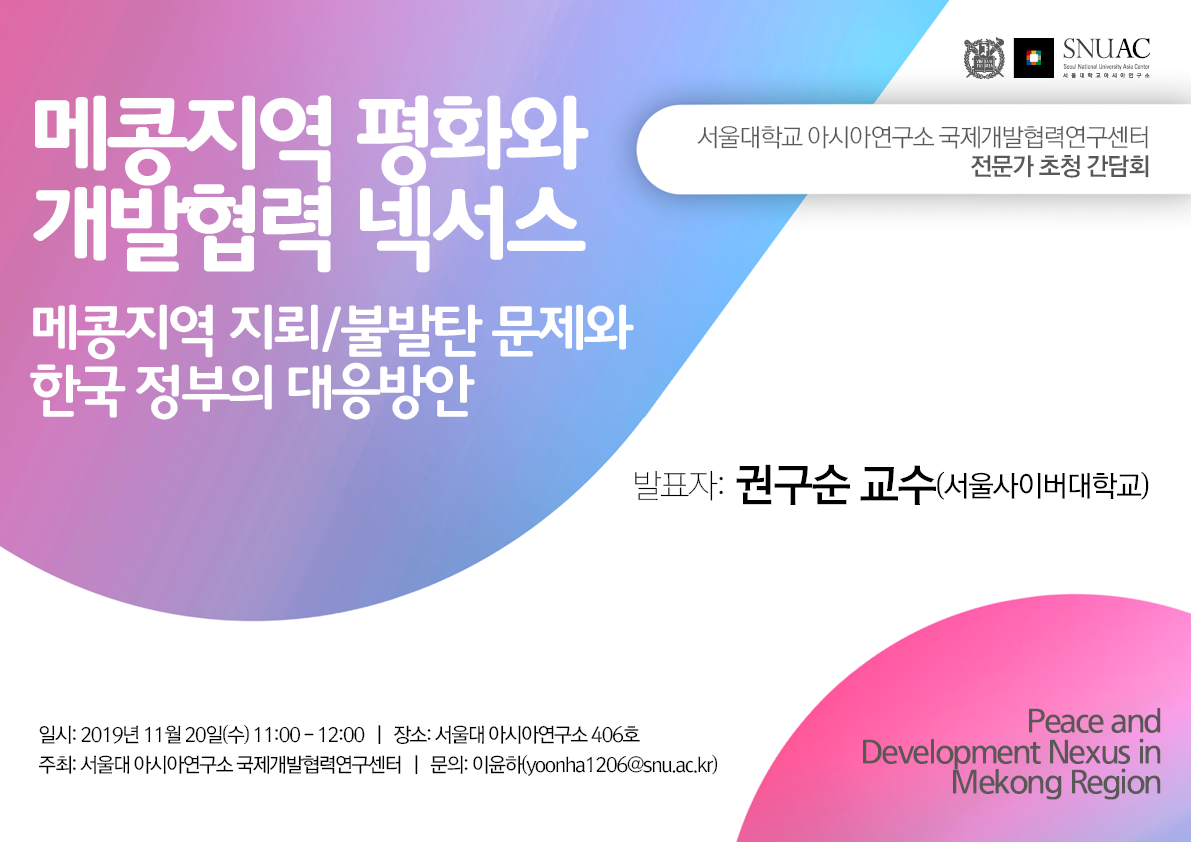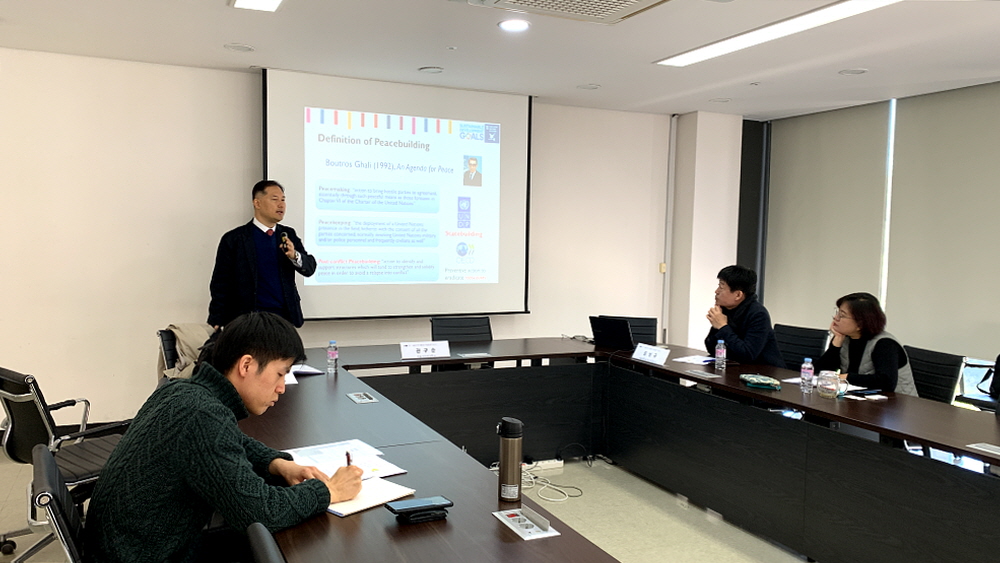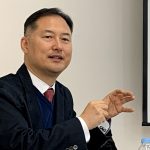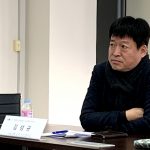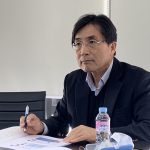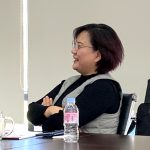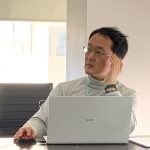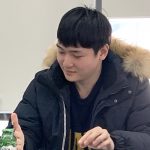Peace and Development Nexus in Mekong Region
- Date: November 20th, Wednesday, 2019 11:00-12:00
- Location: Room 406, SNUAC (Bldg. 101)
SNUAC International Development Cooperation Research Center has invited an expert on international development cooperation to discuss specific cooperative measures among interested parties in development cooperation in the future. For this event, Professor Goo-Soon Kwon (Seoul Cyber University) will talk about issues of landmines and unexploded bombs in the Mekong region to expand the horizons of Mekong region research and to examine the measures of cooperation among the governments, researchers and civil societies.
Speaker: Prof. Goo-Soon Kwon (Seoul Cyber University)
- Economic Advisor for Korea-US Joint Regional Reconstruction Team in Arbil, Iraq
- Civil Affairs Expert for UN Mission in Liberia
- Research Professor at PKO Center, Korea National Defense University
- (Present) Executive Board Member at Korea Association of International Development and Cooperation (Chair for International Committee)
- (Present) Committee Member for Humanitarian Aid at Korea NGO Council for Overseas Development Cooperation
On November 20th, SNUAC International Development Cooperation Research Center invited Professor Goo-Soon Kwon (Seoul Cyber University) to discuss the peace and development nexus in the Mekong region.
Prof. Kwon introduced the concepts of conflict prevention, peacemaking, peacekeeping, and peacebuilding in disputed regions, and illuminated how the discussion for the peace-development cooperation nexus, which calls for an understanding of peace in order to promote sustainable development, started to be specified as the UN established SDGs as the developmental agenda in 2015.
As the Mekong region has gone through disputes and wars for a long time, there are still massive lives and social costs lost due to buried mines and blind shells. CLMV nations are actively carrying out activities related to mines such as removal, victim support, education on mines/blind shells, and advocacy. Prof. Kwon analyzed that the Korean government should perform agricultural development cooperation projects in the region and that there should be mutual learning in mine activities considering regional situations. Furthermore, Prof. Kwon suggested that such a discussion of the Mekong region could be applied to the problem of the Korean peninsula in the future. He emphasized that as the Korean government sets the direction for peace ODA and performs development cooperations, we must seek measures to specify the peacebuilding at the DMZ.
After the lecture, participants continued with an in-depth discussion including an overall understanding of the Mekong region as well as the orientation of policy for the Korean government.

